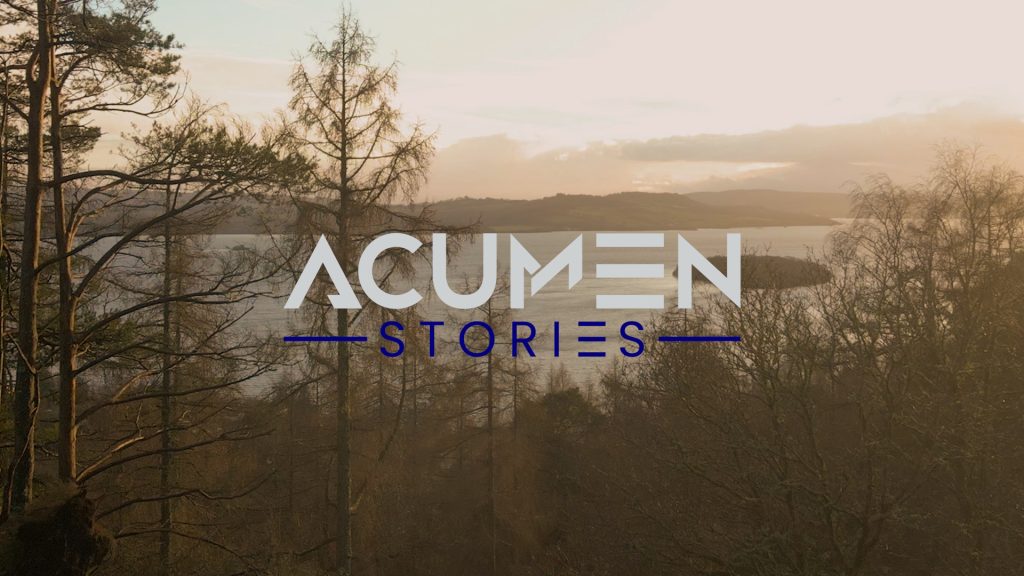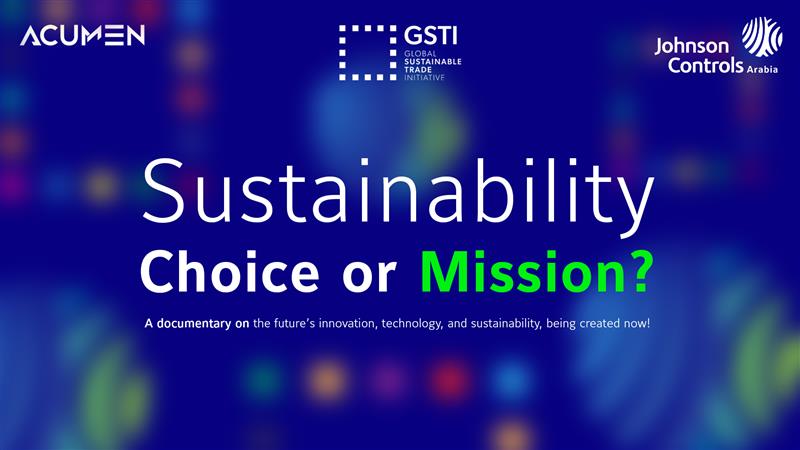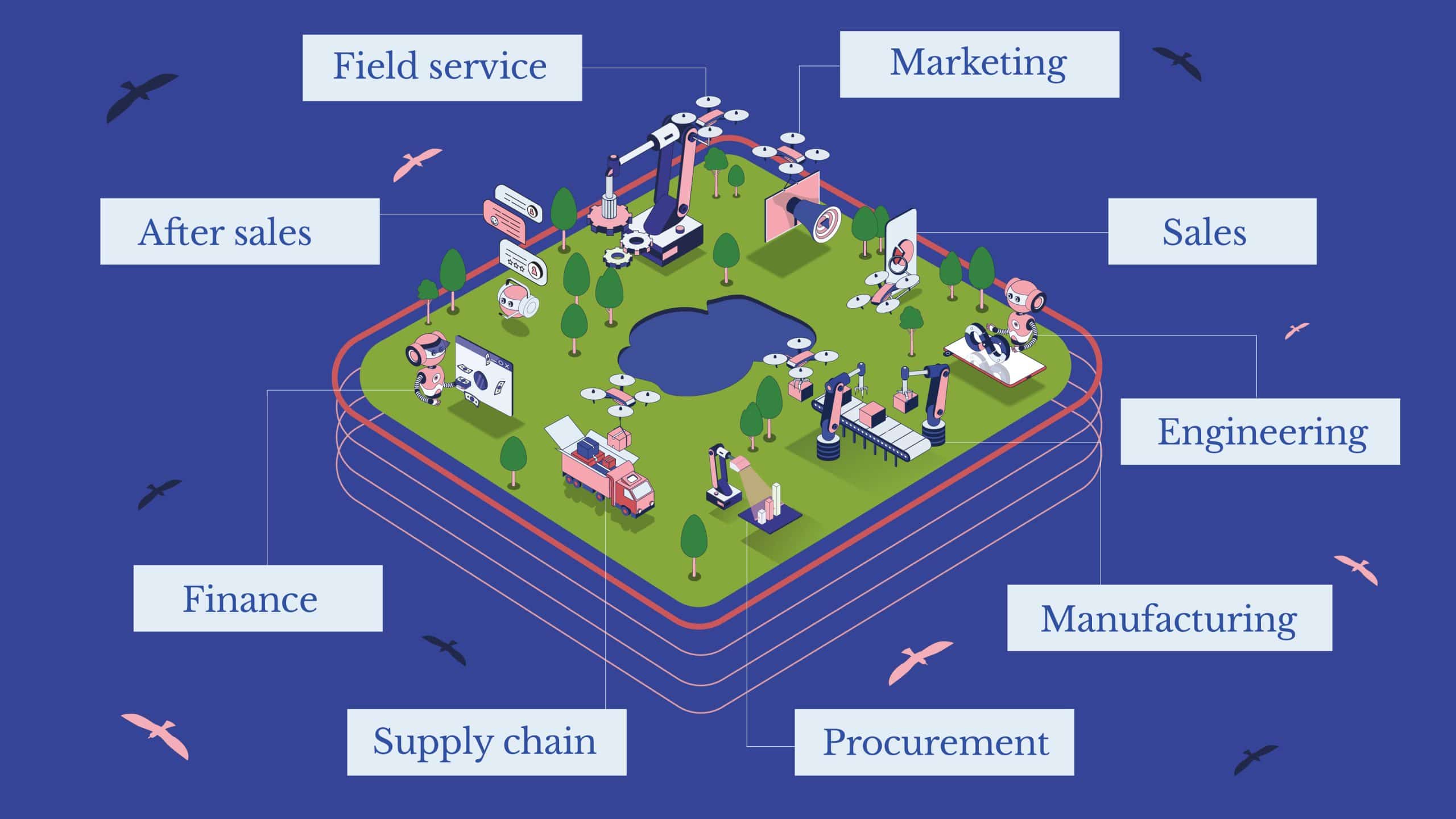AI and The Skills Crisis: Why Business as Usual is No Longer an Option

AI and the Skills Crisis: Facing a widening skills gap, businesses are turning to AI-powered strategies for workforce planning, skills-based hiring, upskilling, and driving economic mobility to future-proof talent.
Stalled Progress Leaves the Workforce of the Future Beyond Reach
The global workforce is at a critical turning point.
The skills gap has transformed from a theoretical concern to an urgent strategic priority. According to the World Economic Forum’s 2023 Future of Jobs Report, 85% of organizations recognize that they must reimagine their workforce strategies by 2025, with skills-based approaches emerging as the critical pathway to organizational resilience. As businesses confront disruption from technological advancements, shifting demographics, and evolving work models, leaders are grappling with a fundamental question: “Do we have the skills we need to succeed in the future?”
For most organizations, the answer is uncertain. The skills gap is widely acknowledged, but meaningful progress in addressing it remains elusive. “At Censia, we’ve been tackling this problem for years,” says Joanna Riley, Founder and CEO of Censia. “By combining our deep understanding of the talent market with cutting-edge technology, we’ve helped some of the world’s largest companies put skills data to work in answering this question”
“Boards are asking, ‘Do we have the skills we need inside the organization?’ and HR often doesn’t know the answer” explains the Chief Learning Officer of Fortune 50 Telecommunications Organization. “By marrying skills data with business strategy, we can create a common language that enables HR leaders to address these gaps effectively and align workforce capabilities with strategic goals.”
Persistent Barriers to Progress
Despite widespread recognition of the skills challenge, organizations encounter several fundamental obstacles:
- Lack of Actionable Skills Data: Most organizations lack trusted, scalable, and accurate skills data to inventory their workforce capabilities. A study by the Institute for Corporate Productivity revealed that only 10% of organizations have a comprehensive employee skills database encompassing profiles for all employees. Without this baseline, it’s impossible to assess the current state, identify gaps, or create effective strategies for hiring, internal mobility, or development.
- Implementation Complexity: McKinsey & Company notes that while many organizations recognize the importance of skills-based practices, they often struggle with implementation due to the adoption of new technologies
- Scaling Skills-Based Approaches Faces Resistance: a 2024 study by the Burning Glass Institute and Harvard Business School found that hiring based on skills rather than degrees accounted for just one in 700 hires in 2023. Polled companies cited hiring managers’ risk tolerance and resistance to change as major contributors to making the shift to skills-based.
The AI Revolution: Turning Talent Challenges into Competitive Advantage
Artificial Intelligence is emerging as a transformative force in workforce planning, offering unprecedented capabilities to address long-standing talent management challenges.
Creating Trusted Skills Profiles:
AI-enabled talent intelligence platforms like Censia are converting complex company, market, and employee data into dynamic, comprehensive skills profiles. These intelligent systems provide organizations with:
- Precise workforce capability mapping
- Identification of critical skills gaps
- Personalized career development pathways
- Objective, bias-reduced talent matching
The partnership with Censia one of the Fortune 50 Telecommunications companies and exemplifies this transformation. By enriching skills profiles for 75,000 employees, they increased profile completion from 5% to 100%, enabling more strategic talent deployment and individual career growth.
Powering Intelligent Talent Strategies:
Surfacing this data inside of existing Human Capital Management (HCM) suites, like Workday, powers advanced AI algorithms. Providing the foundational data these systems need is driving a step-change in talent management by:
- Connecting employees to internal opportunities aligned with their skills
- Powering personalized learning and development recommendations
- Facilitating skills-first hiring strategies that prioritize capabilities over traditional credentials
Scaling Skills-Based Approaches for Outsized Impact:
The skills transformation transcends individual organizational strategies—it represents a critical mechanism for global economic resilience and a meaningful driver of doing so as fairly and equitably as possible. AI-enabled skills strategies unlock macroeconomic benefits by addressing fundamental labor market inefficiencies:
- Enhanced Workforce Adaptability: AI rapidly maps emerging skills and predicts future workforce needs, enabling proactive reskilling and upskilling recommendations and dynamic learning pathways for employees.
- Reduced Structural Unemployment: Intelligent talent matching creates more efficient connections between top talent and opportunities, workers with transferable skills in declining industries as well as emerging roles that require non-traditional skill combinations.
- Increased Economic Mobility: By democratizing skills recognition, AI breaks down traditional barriers like validating skills across educational and professional backgrounds, identifying hidden talent potential in underrepresented communities, and creating transparent, objective pathways for career advancement
Real-World Transformation: Talent GPS Program
Censia’s partnership with this customer represents a breakthrough in strategic workforce transformation. What began as a pilot program quickly became a company-wide revolution in talent management. By leveraging AI-powered skills intelligence, they tackled two critical challenges:
- Skills Visibility: The initiative increased skills profile completeness from 5% to 100%, providing unprecedented insight into workforce capabilities.
- Career Mobility and intelligent upskilling: They saw an increase in internal movement within the organization, which drives higher retention as well as increased cross-functional movement.nt.
Their employees have expressed a newfound sense of being valued, with many highlighting how the skills mapping initiative has unlocked career opportunities they hadn’t previously considered within the organization.
Your Roadmap to a Future-Proofed Workforce
- Create Comprehensive Skills Profiles: Leverage AI to capture and analyze workforce capabilities dynamically
- Democratize Internal Mobility: Use intelligent matching to unlock hidden talent potential
- Personalize Learning Pathways: Develop targeted development programs informed by real-time skills data
- Foster a Culture of Continuous Learning: Embed skills development into organizational DNA
The future of work demands a radical reimagination of talent strategies. Companies must act decisively to implement AI-powered skills approaches that find, nurture, and exponentially grow talent capabilities.













